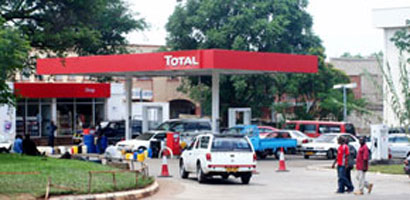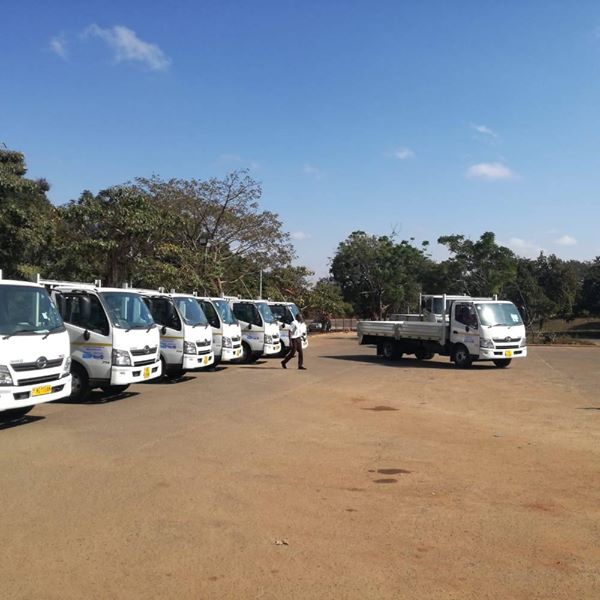Various economic players in the country have called for a scrap off or improvement of the automatic fuel pricing mechanism, saying the method in its current form has proved to be inappropriate for the country.
However, Minister of Finance Ken Lipenga has backed the system, saying it was the only sustainable way of ensuring stable petroleum supplies into the country as it does not allow pricing losses among importers and saves government from subsidising the product.
The Consumers’ Association of Malawi (Cama) believes the automatic fuel pricing system will create more problems for Malawi’s fragile economy while the Economic Empowernment Action Group (EEAG) and Indigenous Business Association in Malawi (Ibam) want government to announce price changes well in advance.
Cama Executive Director John Kapito told Capital FM radio this week that the government rushed in adopting the system without considering its effects on consumers.
“Where those fundamentals like exchange rates, transport costs are changing on a daily basis, it becomes so confusing on the market because one ends up changing the prices of the commodity,” observed Kapito.
He said if prices of commodities such as fuel keep changing frequently, it affects people’s livelihoods because the change affects the pricing of other goods and services on the market.
He urged government to reinstate the fuel price stabilisation fund to counter instability in the price of fuel.
On his part, Ibam President Mike Mlombwa said there is a need for more fuel reserves in the country and that, if advance fuel price changes are made, it will also allow business operators to plan properly.
He said it is a well-known fact that every time fuel prices go up, commodity prices also go up.
“At the moment consumers do not have the purchasing power but if a strategy to detect changes in fuel prices is put in place, then consumers will also be able to plan accordingly and not be taken by surprise,” he said.
Mlombwa said with the floatation of the kwacha and skyrocketing fuel prices, businesses are in a mess.
“It is difficult to price goods on the market. The moment you get a business order and agree on prices, by the time you deliver the goods you will find that the kwacha has slipped and fuel prices have gone up and it is difficult to increase the prices of the goods because a contract was already signed before delivery of the goods. It is really affecting businesses,” said Mlombwa.
EEAG President Louis Chiwalo said if fuel price adjustments are made two weeks prior to adjustments, motorists will be able to plan and there will be no hoarding of fuel by filling station operators.
He said the short term announcement allows operators to take advantage of the situation.
“Government should come up with a mechanism so that consumers prepare for such developments. With the way our economy is behaving, planning is key and this will also help in reducing the long queues we see whenever there are price adjustment speculations,” he said.
He said in countries like South Africa the system has worked.
Commenting on the matter, Lipenga said, in an e-mailed response, that fuel is an imported commodity which is bought in foreign currency and whose prices are elastic.
“The local pump price has to reflect international prices in addition to the current value of the kwacha. Otherwise we will go back to the situation where government was heavily subsidising fuel,” he said
He said the price stabilisation fund did not work as expectated and that government ended pumping K17 billion into the fund to help prices of fuel stabilise on the market.
“We ended up providing this money which is not budgeted for,” said Lipenga, adding: “If government continued to subsidise fuel, we could have fueled inflation even further because this is printing money.”
“In fact it is worse when the inflation comes from printing money than from normal price increases because it crowds out private sector investment. In most cases, the fuel is for consumption rather than for industrial production. When prices go up, consumers reduce purchases of fuel, leading to stabilisation,” said Lipenga.
He asked stakeholders to give the new system a chance to work since it could not be expected to run smoothly in only three months.




